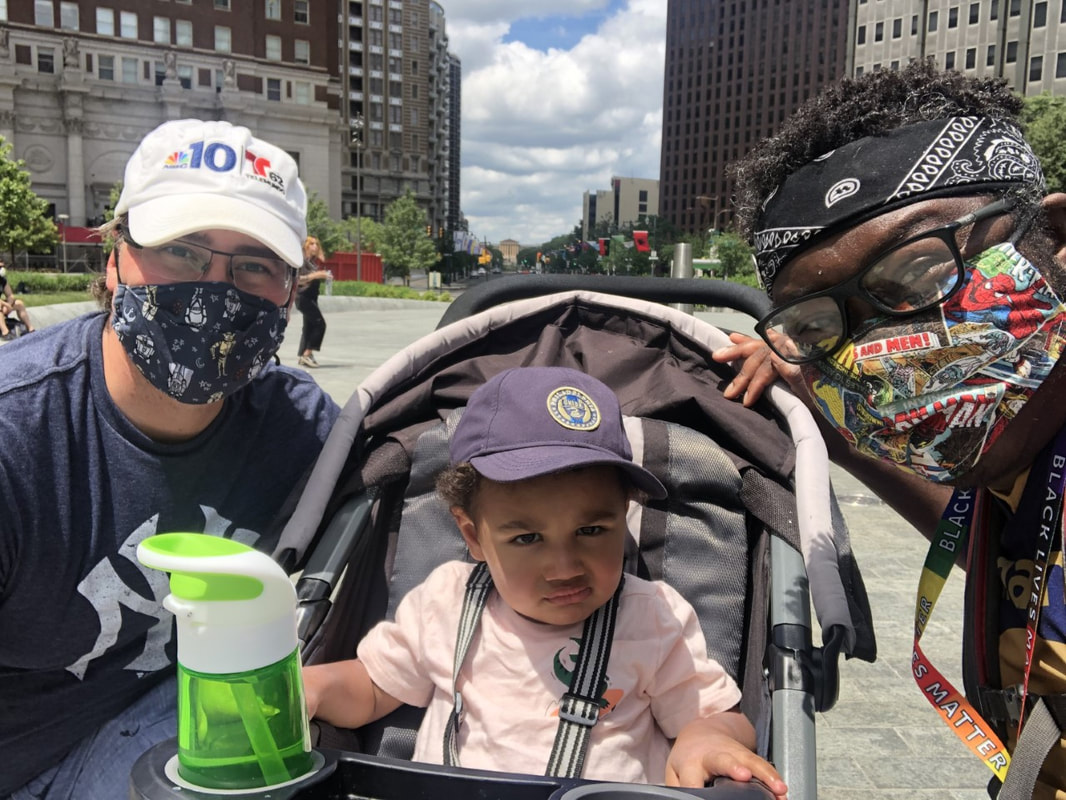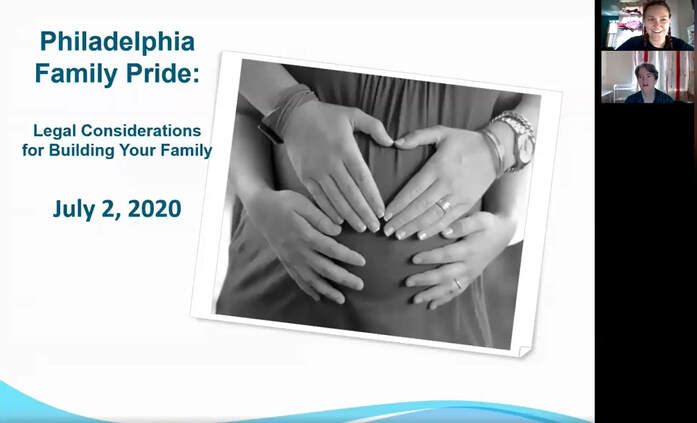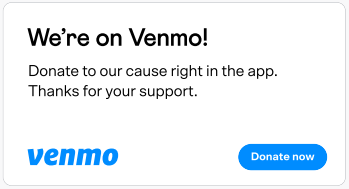|
Legal, medical, and societal advances have allowed for enormous expansions of options to build families led by LGBTQ+ parents. The prospect of becoming a parent, a gift unavailable to the LGBTQ+ community for centuries, is both exciting and overwhelming. Through my time here at PFP organizing and helping to facilitate our summer series of prospective parenting classes, I have learned just how complex this process can be physically, legally, and financially. Gaps in family planning between LGBTQ+ and non-LGBTQ+ people are narrowing, with 48% of LGBTQ+ millennials (18-35) reporting a plan to grow their families compared to 55% of non-LGBTQ+ millennials. However, young LGBTQ+ individuals are relying even more on methods outside of intercourse for building their families than previous generations of LGBTQ+ folks, with 63% looking to foster care, adoption, and assisted reproductive technology (ART) to grow their families [1]. These methods often include complex legal, physical, financial, and socio-emotional challenges that are distinct and challenging compared to conceiving via intercourse. Additionally, some of these methods, such as private adoption and ART, are financially impossible for many LGBTQ+ folks, who face poverty and gaps in health care at a rate much higher than their cisgender, heterosexual counterparts [1]. The endeavor can be even harder for LGBTQ+ folks of color, as evidenced by a 2018 study outlining the experiences of queer women of color within the family formation space. Qualitative interviews of 13 self-identified parents of color who used donor insemination to conceive their children reported feelings of hopelessness while interacting with sperm banks, citing a lack of anonymous donors of their racial identity to choose from. Many were also concerned about transracial adoption and anonymous donors, citing concerns for their potential child’s future racial and cultural identity development. Most parents chose donor insemination by a known donor over adoption or anonymous donor insemination for this reason, citing cultural beliefs about knowing one’s origins [2]. Transgender parents also report barriers to family building, citing unique challenges such as feelings of being rushed into making decisions about physical transitioning without receiving sufficient information and options for preserving fertility or reproductive organs [3]. Thus, the most important strategy for combating these challenges appears to be preparation, information, and support. The more knowledge acquired about the complexities and nuances surrounding building a family as an LGBTQ+ prospective parent including costs, affirming providers, methods, and legal considerations can help make the process smoother and more positive. Please see our recordings of our virtual prospective parenting classes on our Facebook page (also linked below) which will hopefully aid in providing some of the vital information needed to make your family planning process as positive as possible. Additionally, we have compiled resources below regarding building your family as a member of the LGBTQ+ community which we hope you find helpful. Sources
RESOURCES
- Post written by Taylor Goldberg, PFP Intern
0 Comments
Leave a Reply. |
Archives
April 2024
Categories
All
|
© Philadelphia Family Pride. All rights reserved.



 RSS Feed
RSS Feed


